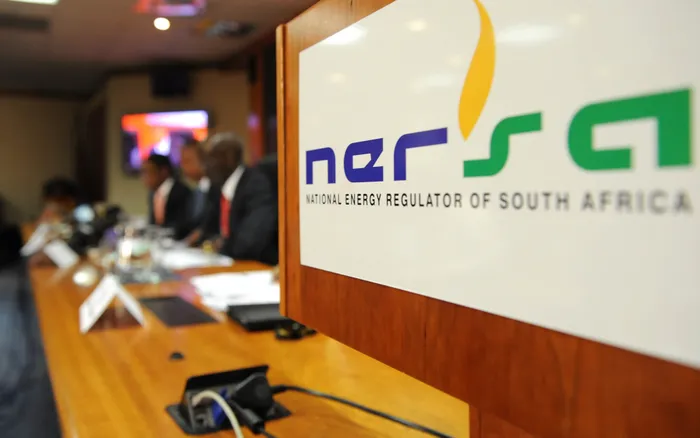Energy expert, ratepayers weigh in on landmark ruling that could reshape municipal electricity tariffs

A recent court judgment against the National Energy Regulator of South Africa (Nersa) dealt with how municipal electricity tariff increases are approved.
Image: Supplied
An energy expert, ratepayer groups and a business chamber believe the recent court judgment against the National Energy Regulator of South Africa (Nersa) could finally lead to customers being charged the “right price”.
Experts said part of the judgment is that Nersa has to look at individual applications from all the municipalities that apply for tariff increases instead of the previous method of approving increases in a uniform manner.
It was reported recently that a ruling by Judge Etienne Labuschagne at the Gauteng High Court in Pretoria on Friday has taken Nersa to task over the manner tariffs are approved. The court found that approval for the implementation of municipal electricity tariff hikes, without the use of proper cost studies and public participation processes, is unconstitutional.
The judge also slammed Nersa for its argument that customers do not have the right to know what it costs municipalities to supply them with electricity.
The judgment followed an urgent application by AfriForum, which disputed the process Nersa followed to determine all municipal tariffs for this financial year, ending June next year.
Implications of the court judgment
Energy expert Chris Yelland said this ruling ensures that Nersa follows a process where consumers could have a proper and fair say in municipal electricity tariff increases. He noted that municipalities each had different needs that affected their cost of supply and customer bases. Under the current system, a municipality that deserves higher prices or one that deserves lower prices could be penalised as a result.
Yelland stated that municipalities had different customer bases. “One municipality could have industries and residents, while another could have poor residents. What we do not want is prices that are too high, but we also do not want prices that are too low because they would mean that municipalities are not investing in the infrastructure,” he said. He added that the judgment meant that customers would be privy to all the factors in proposed increases.
Reaction from local business chamber
The mayor of the Msunduzi municipality, Mzimkhulu Thebolla, said they were still studying this judgment.
Melanie Veness, the chief executive of the Pietermaritzburg and Midlands Chamber of Business, said the court ruled that the tariff increases granted by Nersa to municipalities that didn’t submit cost studies, and without adequate public consultation, was unconstitutional. She described it as a win for municipal accountability.
“Valid cost studies allow municipalities to recover their prudent expenses and a small return on assets; it should stop them from passing their inefficiencies onto ratepayers. In Pietermaritzburg, industry is cross-subsidising domestic tariffs, and that is neither fair nor good for the economy. The outcome of this action doesn’t directly affect our municipality because Msunduzi has submitted cost studies for the last two years. What is helpful is that the judge ruled that cost studies are public documents ... Our challenge is the validity of the submitted cost studies. The PMCB has challenged Nersa’s approval of Msunduzi’s 2024/2025 tariff, and the matter is set to be heard in the last week of November,” she said.
Community perspectives
Anthony Waldhausen of the Msunduzi Association of Residents, Ratepayers and Civics (MARRC) said: “The public has a right to know what it costs the municipality to supply them with electricity, as Nersa is a public entity and all records are public. They mustn’t make excuses for their incompetency, and they are also obligated to have public participation processes.”
Ish Prahladh, of the eThekwini Ratepayers and Residents Association, said that Nersa could not approve tariff increases without consultation with ratepayers, residents, and businesses. “We, as consumers, fund Nersa as well. That means Nersa is working like a cartel and does not have to answer to the ratepayer community and businesses, which is irregular and wrong. If we do not fund Nersa and Eskom, where will they get their revenue from? The court has found Nersa guilty of misconduct, and they should be held accountable.”